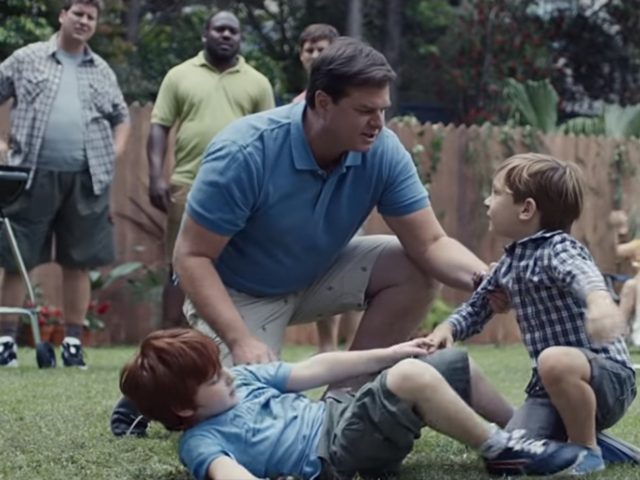Gillette experienced a whopping $8 billion write-down during its most recent quarter, the latest setback for the maker of razors and other personal grooming supplies.
Parent company Procter & Gamble (P&G) blamed the loss on currency fluctuations as well as the continued “market contraction” of blades and razors, primarily in developed markets as men continue to grow out their facial hair.
Gillette helped to drag P&G into the red for the fiscal fourth quarter, with a net loss of $5.24 billion for the consumer goods giant, compared to net income of $1.89 billion a year ago.
Gillette generated heated social media pushback earlier this year after it debuted a series of commercials that criticized masculinity and featured a transgender adolescent learning to shave.
While it has traditionally marketed its razors to men — “the best a man can get” — Gillette has been trying to reach new demographics in a bid to revive a flagging business that has seen a decline in demand for razors and blades.
One such effort was a Gillette commercial spotlighting masculinity and the #MeToo movement. The spot depicted scenes of bullying, sexual harassment, and mansplaining. “Is this the best a man can get?” the commercial asked. Industry experts interpreted the commercial, which debuted in January, as a bid by Gillette to attract more female consumers.
Gillette debuted another commercial in May showing a transgender male adolescent learning how to shave.
Consumer reaction to the commercials was wildly polarized, with the hashtag #boycottGillette trending on Twitter.
Media figures including Piers Morgan, Gov. Mike Huckabee, and Ricky Gervais criticized the spots for their earnest tones and moralizing posture.
“We expected debate — discussion is necessary. For every negative reaction we’ve seen many positive reactions, people calling the effort courageous, timely, smart, and much-needed,” Gillette told CNBC in a statement in January.
“At the end of the day, sparking conversation is what matters. This gets people to pay attention to the topic and encourages them to consider taking action to make a difference.”

COMMENTS
Please let us know if you're having issues with commenting.